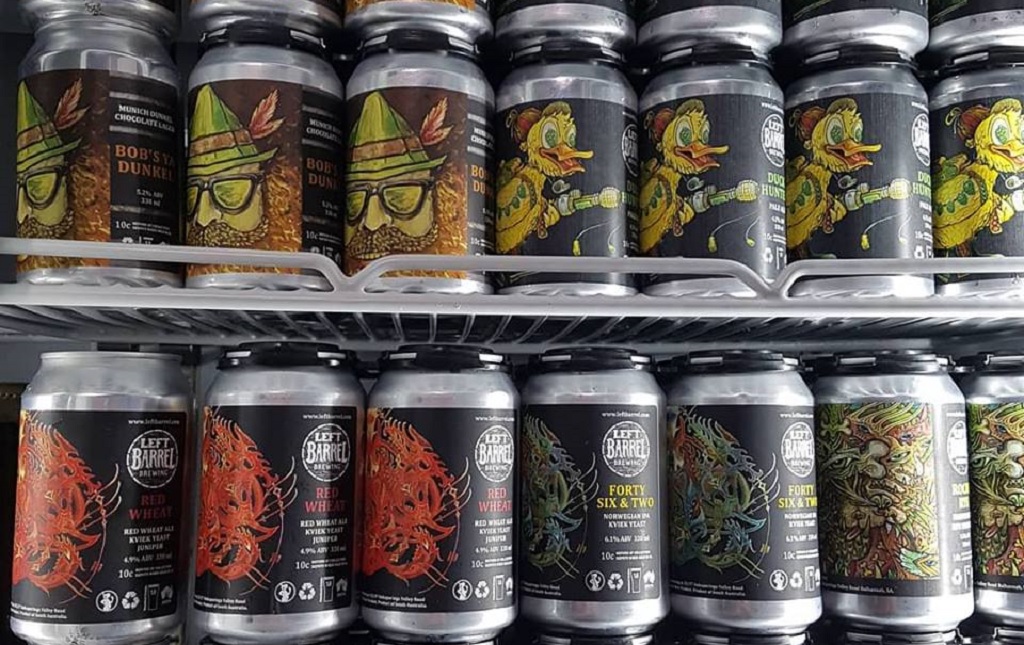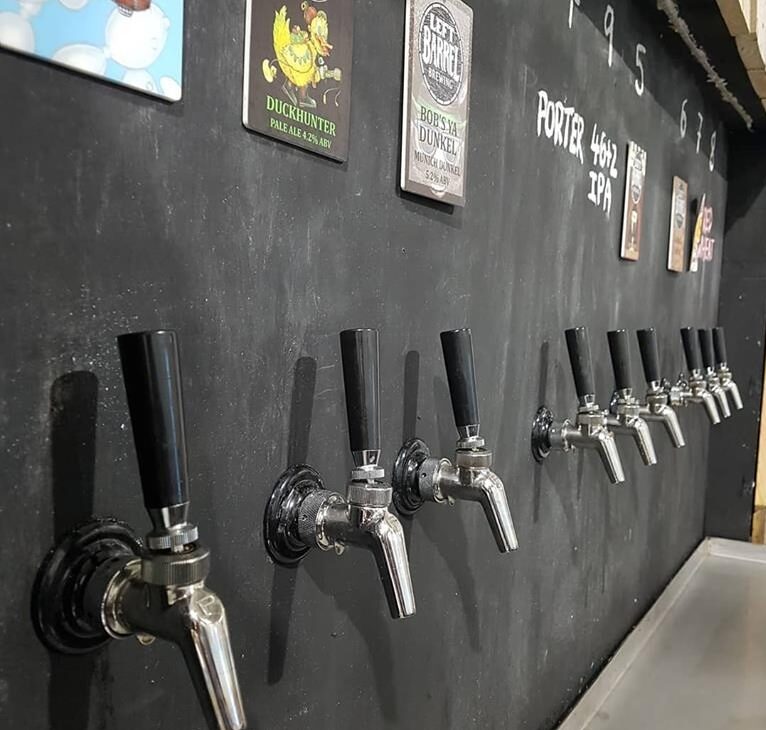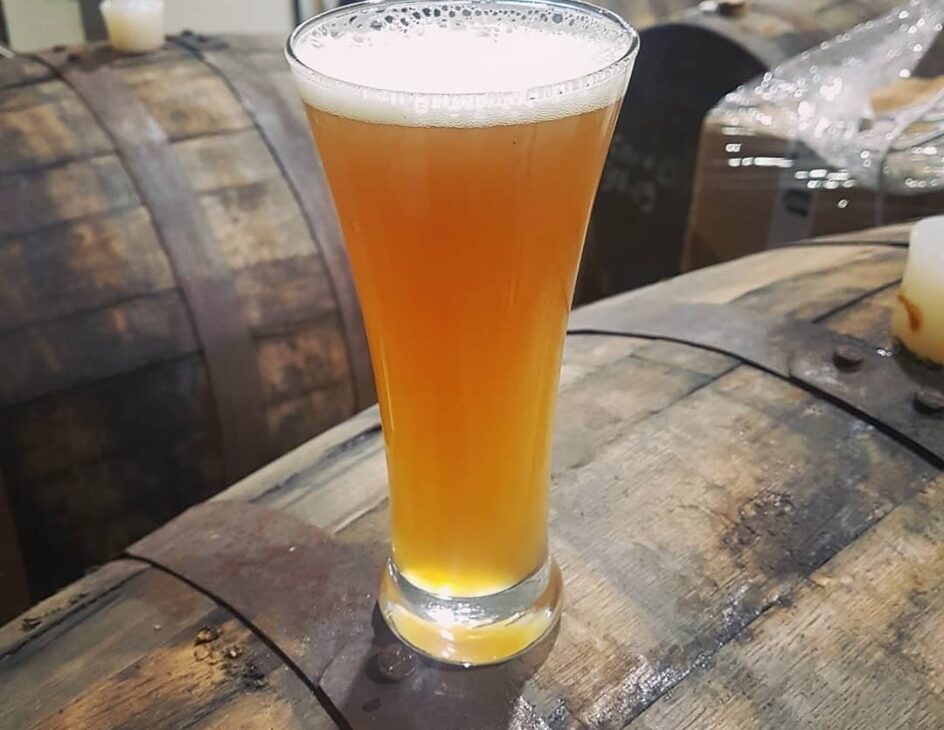
One year on... Left Barrel Brewing

While many of us that are tied to our desks dream of owning a brewery, in reality it can be a bit different than how we’ve seen it through our rose-tinted glasses.
Engineer Brad Bown, owner of Left Barrel Brewing along with wife Nada, said that while the reaction of the Adelaide Hills community has been overwhelmingly positive, he’d also learned a lot over the past year.
“The reaction has been great in terms of people enjoying the beers and the different styles we brew, but when I started this, it was probably a case of having rose-tinted glasses.
“It was easy to start it and say ‘if we get this many people in we can make it work’, but there are a lot of ongoing costs you may not foresee.
“It’s not just about brewing great beer, there’s a whole other load of costs and time consuming factors behind that.”
One of the biggest differences between the perception and reality of running a brewery is the commercial aspect, he said. He works four days a week as an engineer, brewing and managing the Left Barrel business as a side project.
“[The biggest difference] is the business acumen you need – running a business, managing staff, all whilst judging the existing commitments of my day job and family life. There’s a number of things competing there. I’ve definitely become better at saying no, rather than being all things to all people,” he said.
“We’re a close knit family in Adelaide and South Australia, and speaking to other local independent breweries, we’ve had a few people say you need to quit the day job, but with a young family, you need it.
“It depends on the bank balance and how much time can you spend on and in the business. It can easily become all-consuming – there’s always something else to do when you’re running and developing your own business. When we moved from the shed at home to new location it was a big blank warehouse, everything I had to build or pay someone for to build it.”
Bown said that there were other ongoing challenges of which he needed to be aware, including the number of breweries cropping up in the area, reaching “critical mass”.

Events are the way forward for the brewery, according to Bown, and a focus on the beer was key.
“We’re about the beer really, for bigger events like Winter Reds this weekend we’ve got food trucks coming, but food is definitely low on the list. Making sure we sell enough beer to pay the bills and staff is the main thing, which was different to my initial thinking [when setting up the taphouse].”
But transitioning from a homebrewer operating from a shed to creating your own taproom is still a major achievement, and the brewery is now involved in wholesale distribution not just in South Australia but interstate as well.
“We snuck a few awards recently, which is great because a lot of our beers don’t fall into normal style categories and we only enter occasionally for some of these awards.
“It’s tough generally with social media and sticking true to your own brewery values and direction, and not getting involved in the hype with certain beers, but we’re pushing boundaries and moving out of typical style guidelines.
“[The most satisfying thing] is the feedback we get at festivals and at homebase, the smile on people’s faces when they’re enjoying our beers.”
Asked if he had any advice for anyone thinking of setting up a brewery, Bown said that the focus on the business side of things was important.
“Cash flow is king, and like lots of similar advice in articles on this previously, whatever savings you think you need, you need to double, triple, if not tenfold it.
“Base your plans on a greatly reduced number of people coming in – there are a heap of little costs that just pop up.
“Once you’re on top of that, then there’s always new bits and pieces – you might want to add to the brewery for upgrades for example. We want to stay small batch, but there’s always more equipment and ways to improve quality and so forth.
“I didn’t have a full appreciation of that side of things. Experience around business management and the running of a brewery are the two biggest things you need to have.
“I like to think of you’re starting a brewery you’ve got a few beers under your belt, but it’s definitely more business-orientated than I thought it would be – it’s not just brew it and the fans will come.”





